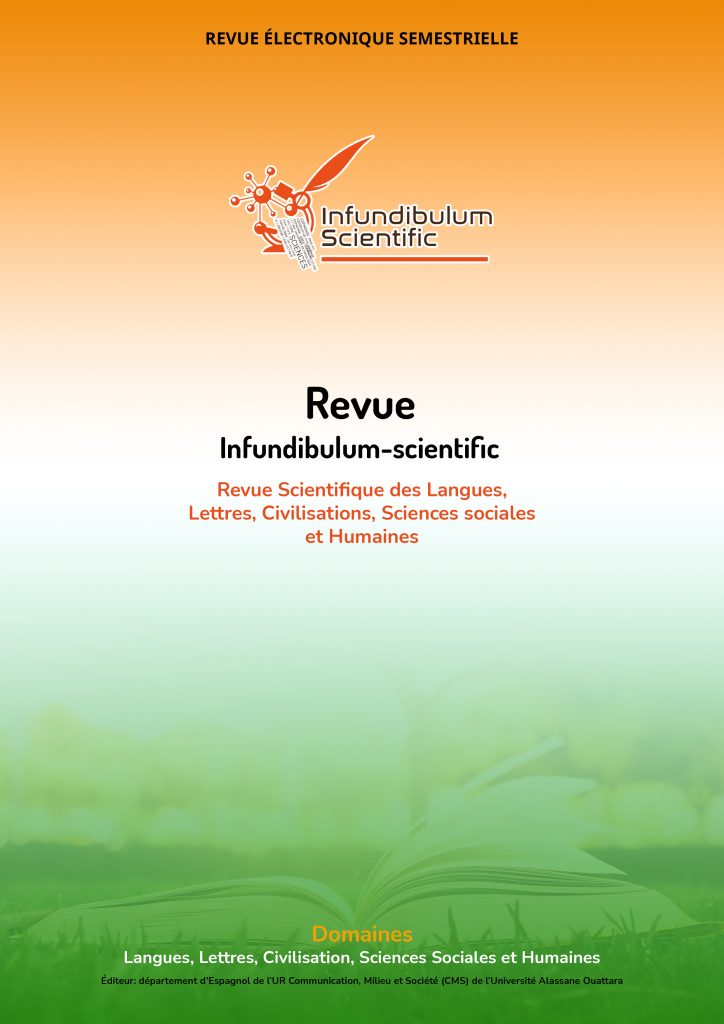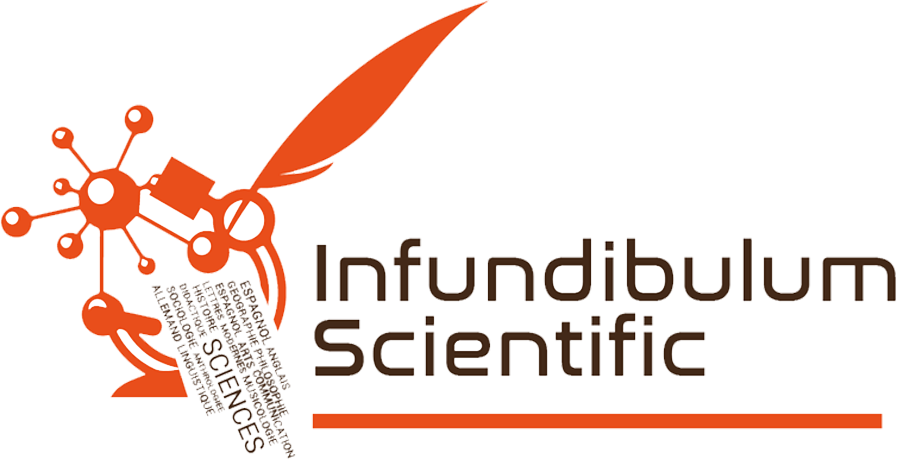LA DEMOCRACIA ORGÁNICA FRANQUISTA: BASES IDEOLÓGICAS Y APLICACIÓN CONCRETA
Résumé
Pour la majorité des historiens et de la classe politique espagnole et internationale, le régime franquiste était une dictature horrible et féroce, puisque ses principes s’opposaient à tous les principes de la démocratie moderne et libérale. Cependant, pour le général Franco et les idéologues du franquisme, ce n’était pas le cas. Le régime franquiste était pour eux une démocratie organique dont le fonctionnement reposait sur les éléments de base de la structure sociale, que sont la famille, la municipalité et le syndicat. Ces trois composantes de la démocratie organique franquiste étaient présentes de façon pratique dans toutes les institutions représentatives du franquisme. La démocratie organique s’opposait à la démocratie inorganique et libérale, dont les idéaux étaient ignorés et combattus par les partisans et les élites du régime.
Abstract
For the majority of historians and the Spanish and international political classes, Franco’s regime was a horrible and ferocious dictatorship, since its principles were opposed to all the modern and liberal democracy principles. However, it was not the case for the general Franco and the Francoism ideologies. The Franco regime was for them an organic democracy, the functioning of which was based on the basic elements of the social structure that are the family, the municipality and the union. These three components of the Franco organic democracy were practically present in all the representative institutions of Franco. The organic democracy was opposed to the inorganic and liberal democracy, the ideals of which were ignored and fought by the regime’s supporters and elites.

Mots-clés
Démocratie, famille, franquisme, municipalité, organique, Parlement, syndicat
